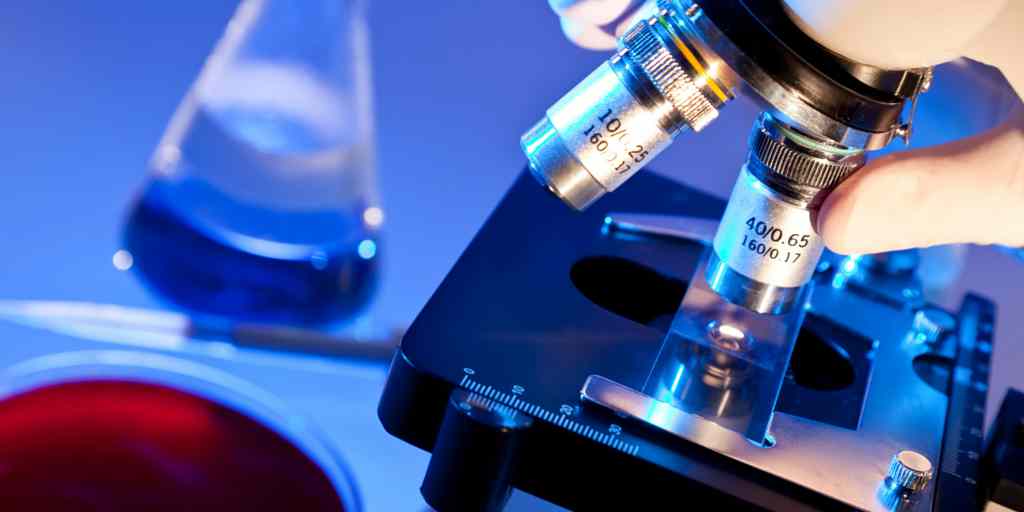“In March, 2015, Apple released an open source software framework designed for medical and health research, helping doctors and scientists gather data more frequently and more accurately from participants using iPhone® apps, called ResearchKit.”
From Apple, ResearchKit turns iPhone into a powerful tool for medical research. When granted permission by the user, Apple ResearchKit apps can access data from the Health app such as weight, blood pressure, glucose levels and asthma inhaler use, which are measured by third-party devices and apps. As discussed previously on medicalalgorithms.com beyond the tremendous amounts of raw data that will be obtained, one of the next big questions is: How can the data accumulated assist doctors to better care for their patients? Monitoring, which was once extremely difficult to carry out accurately and very costly to the patient and research team can now be obtained with the ease of a wearable bracelet or smartwatch, and a linked app or web-based platform.
Medical researchers can now utilize thousands of the algorithms available on medicalalgorithms.com as a way to analyze much of the data obtained through a ResearchKit designed app.
Here are 7 algorithms from The Medical Algorithms Company that would serve to aid physicians, scientists, and other members of healthcare research teams utilizing Apple’s ResearchKit.
- Type 2 Diabetes Risk Estimator for Adults (Framingham Offspring Study) – analyzing risk factors for type 2 diabetes based on family history and laboratory data gathered to alert an individual and their healthcare provider to a potential risk for diabetes. Additionally, large groups of people can be tracked to determine additional potential risk factors for diabetes or other health related problems. Glucose tracking may become even easier with the new technology developed from the Univesity of Leeds using low powered lasers to measure glucose levels without breaking the skin.
- Modified Early Warning Score — ResearchKit and other smartphone applications can enable patients to potentially receive care in the home or other hospital based facilities while alerting members of their healthcare team to quickly identify risk factors 24/7 that may prompt treatment as an inpatient or in an intensive care unit.
- Health-Activity-Dyspnoea-Obstruction (HADO) Score for Evaluating Patient with Stable Chronic Obstructive Pulmonary Disease (COPD) – evaluating patients with stable COPD on a routine basis by utilizing data obtained via smartphone app, fitness tracker, or smartwatch can assist in gathering data through ResearchKit and alert doctors to an acute change in condition as well as help in gathering data from a large patient population.
- Hypertension Lifestyle Modifications – enables researchers to evaluate the lifestyle of a patient with hypertension for recommendations to reduce blood pressure without medication based on the JNC 7 guidelines.
- Rockport Fitness Walking Test – measuring one of the best predictors for cardiovascular fitness and maximal aerobic power can enable researchers to see how a group of individuals are performing following exercise initiation.
- Pediatric Asthma Severity Score – evaluating the severity of clinical asthma in school age children and enabling researchers using ResearchKit to analyze population based data among children with asthma.
- Adult Treatment Panel III (ATP III) Cholesterol Treatment Goals – despite the recent addition of ATP IV guidelines, many clinicians still utilize ATP III guidelines as well as clinical judgement to determine what the best course of treatment should be for each individual. By gathering data on an individuals’ history as well as laboratory data points, researchers can determine based on a specific population whether modifying certain risk factors and treatment suggestions are improving clinical outcomes.
We are in the infancy of a new era of medical research and data collection. With the vast collection available through MedicalAlgorithms.com and via the iOS app, physicians, researchers, students and other members of the healthcare team can incorporate evidence-based algorithms into their research methods with data gathered via ResearchKit or other smartphone enabled data collection tools.

